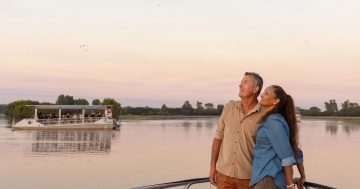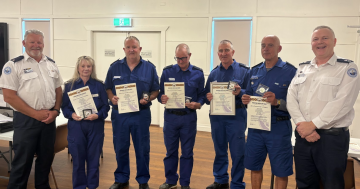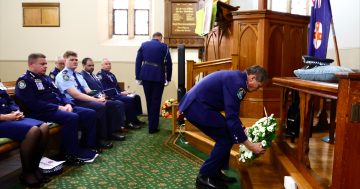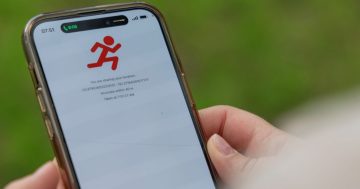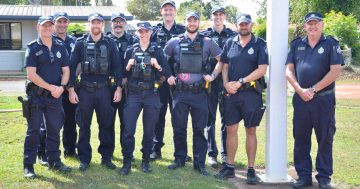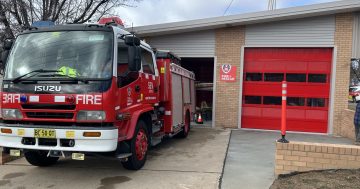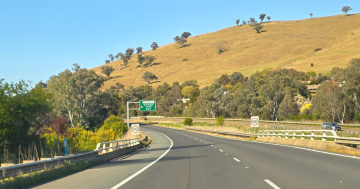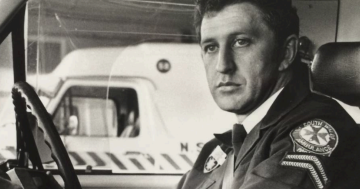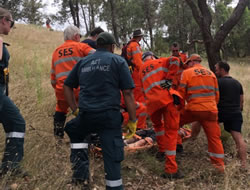 ACT Policing is warning people to prioritise their own safety before heading outdoors for nature adventures.
ACT Policing is warning people to prioritise their own safety before heading outdoors for nature adventures.
The warning follows two recent rescues, which Acting Sergeant and Search and Rescue (SAR) Specialist for the Australian Federal Police (AFP), Andy Craig said demonstrated the importance of being well-prepared before undertaking outdoor activity.
Acting Sergeant Craig said the first incident, on 5 March, involved a mountain bike rider who was injured and needed to be stretchered out from the One Tree Hill area in Hall.
“The mountain-biker, who was one of a group of riders, was able to give emergency services a precise location using What 3 Words from an emergency location app on his phone,” he said.
Acting Sergeant Craig said the second incident, on 13 March, involved a lost hiker in the Tidbinbilla reserve, Paddys River, who had become disoriented when returning to his vehicle from Johns Peak.
“His hike had taken longer than he had anticipated and the man was not wearing clothing suited to the forecast overnight weather conditions,” he said.
“He was also walking unaccompanied and the difficulty of the search was increased as the man had not informed anyone of his expected location or time of arrival.
“His mobile phone was not GPS-enabled and its battery was running low.”
Acting Sergeant Craig said AFP SAR, ACT State Emergency Service (ACT SES) and ACT Parks and Conservation rangers commenced a search on foot for the man, starting at his last known location near Johns Peak.
The SAR Specialist said that, shortly after midnight, the lost person was able to make his way back to the Mountain Creek carpark, where the SES and ACT Parks and Conservation ranger were stationed.
“These two rescues, while both in relatively remote ACT areas, were quite different from the outset,” he said.
“For the first one, we knew where the injured cyclist was, and we were able to get accurate information about their condition because they were nost alone.
“This sped up the response considerably.”
Acting Sergeant Craig the second incident was made more difficult because the hiker could not tell emergency services where he was in the dark and nobody knew he was running late.
He said a few small steps could have made a large difference, like wearing appropriate clothing; carrying extra food and water; not going alone; and having a smartphone or other device that could determine an accurate location.


